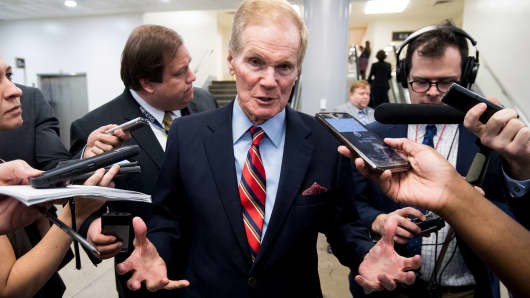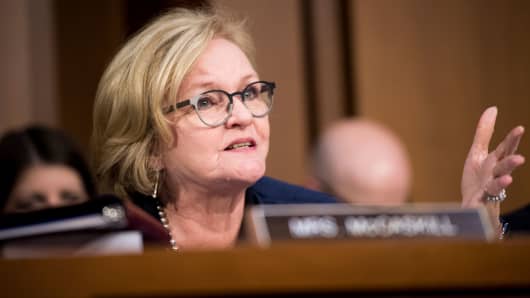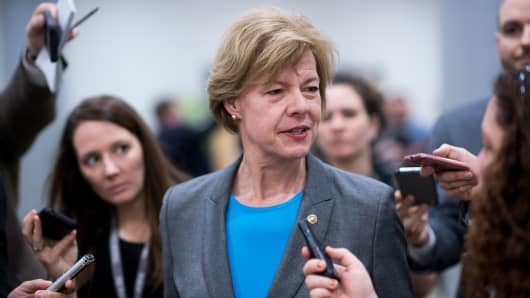The Orlando Sentinel reported that in 2010, Scott more than tripled the state record for campaign spending, funneling $85 million, including over $73 million of his own money, into his campaign and his independent PAC. According to The Tampa Tribune, Scott's 2014 race against former Florida Gov. Charlie Crist was even costlier. The Scott campaign spent about $100 million, the most spent on a gubernatorial candidate in that election cycle, with Scott contributing $12.8 million of his own money.
Health care is likely to become a central issue for the swing state's Senate race. Over the years, Nelson has generally supported the Affordable Care Act, or Obamacare, while Scott spent much of 2017 calling for its repeal.
Health care may also be a touchy subject for Scott for another reason. He spent much of his 2010 race defending his tenure as CEO of HCA Inc. Shortly after his resignation from the health-care facility operator, which he founded, a federal inquiry charged HCA $1.7 billion in fines for what was, at the time, the largest health-care fraud in U.S. history.
"Rick Scott's the guy with everything to lose," Joshua Karp, a communications director for Democratic PAC American Bridge 21st Century, told CNBC. "The only thing that he has going for him is a really big checkbook to pull wool over the eyes of Florida voters."
Republicans widely view Scott as the strongest potential contender against Nelson. GOP strategist Ryan Williams told CNBC that the "visible," "hands-on" governor would be a major challenger to Nelson, whom Williams characterized as a "low-key absentee senator who's largely blended in with the furniture in Washington."
But three recent special election victories have given Florida Democrats some hope ahead of the Senate race. Their latest win was in Sarasota, where an older, mostly white community that skews Republican elected Democrat Margaret Wood to the House of Representatives.
Additionally, the widespread backlash from a school shooting in Florida's Broward County could weigh on Scott, who has an A-plus rating from the National Rifle Association.
Nelson's campaign could also benefit from Florida's late primary race on Aug. 28. If Scott runs, he will have to face six other Republican candidates in the primaries. Nelson will only face one other Democrat.
As of Feb. 16, here's where the Florida Senate race stands:






